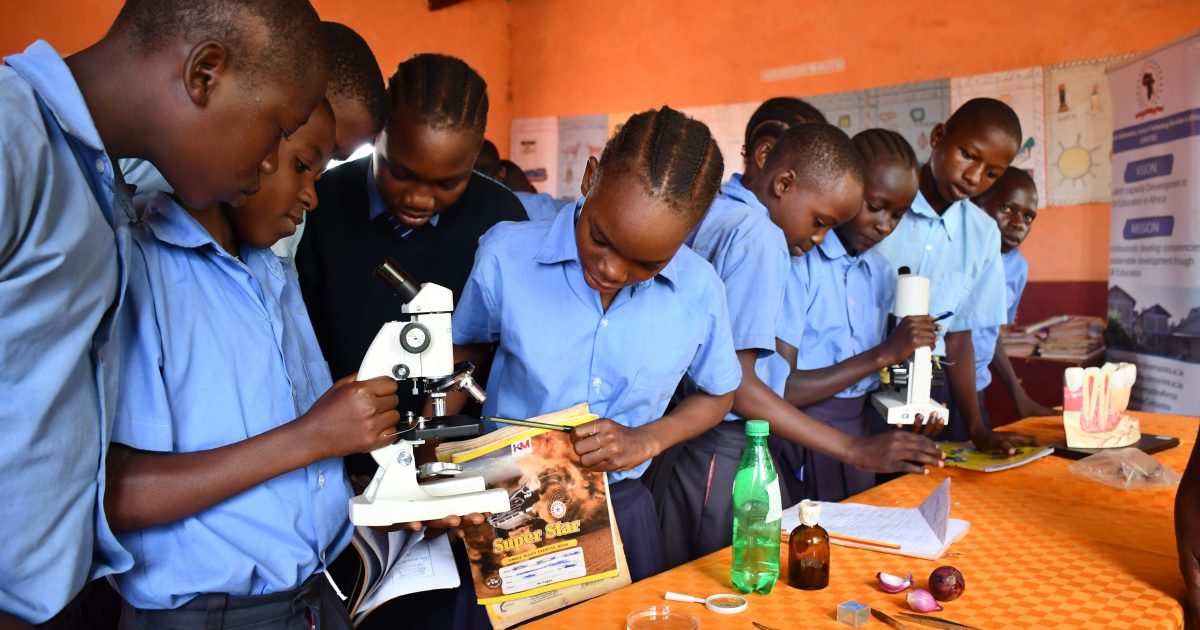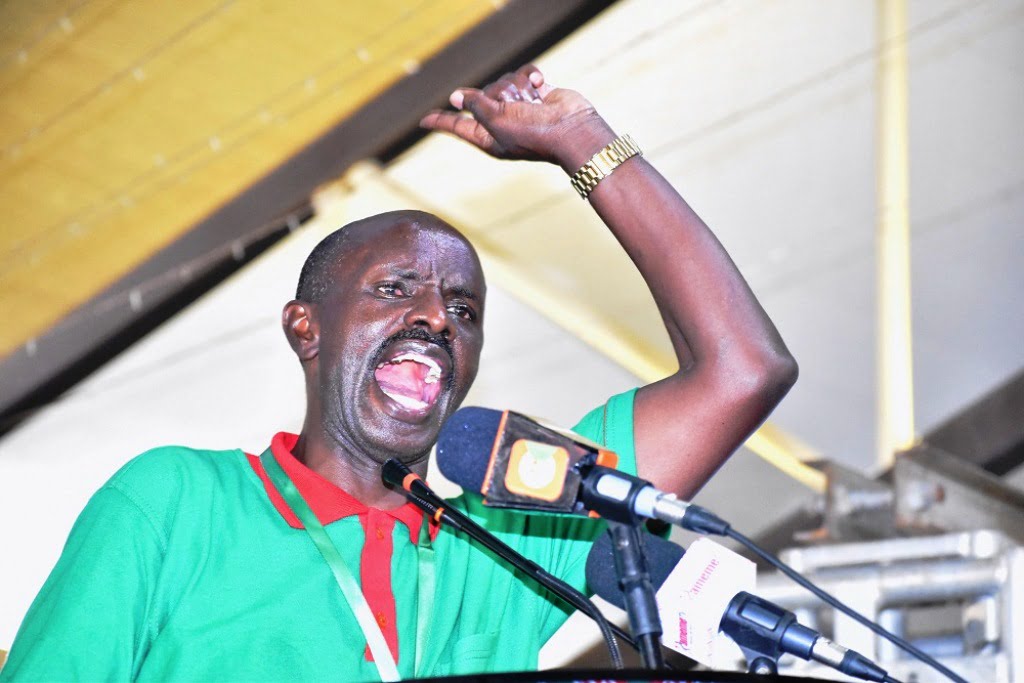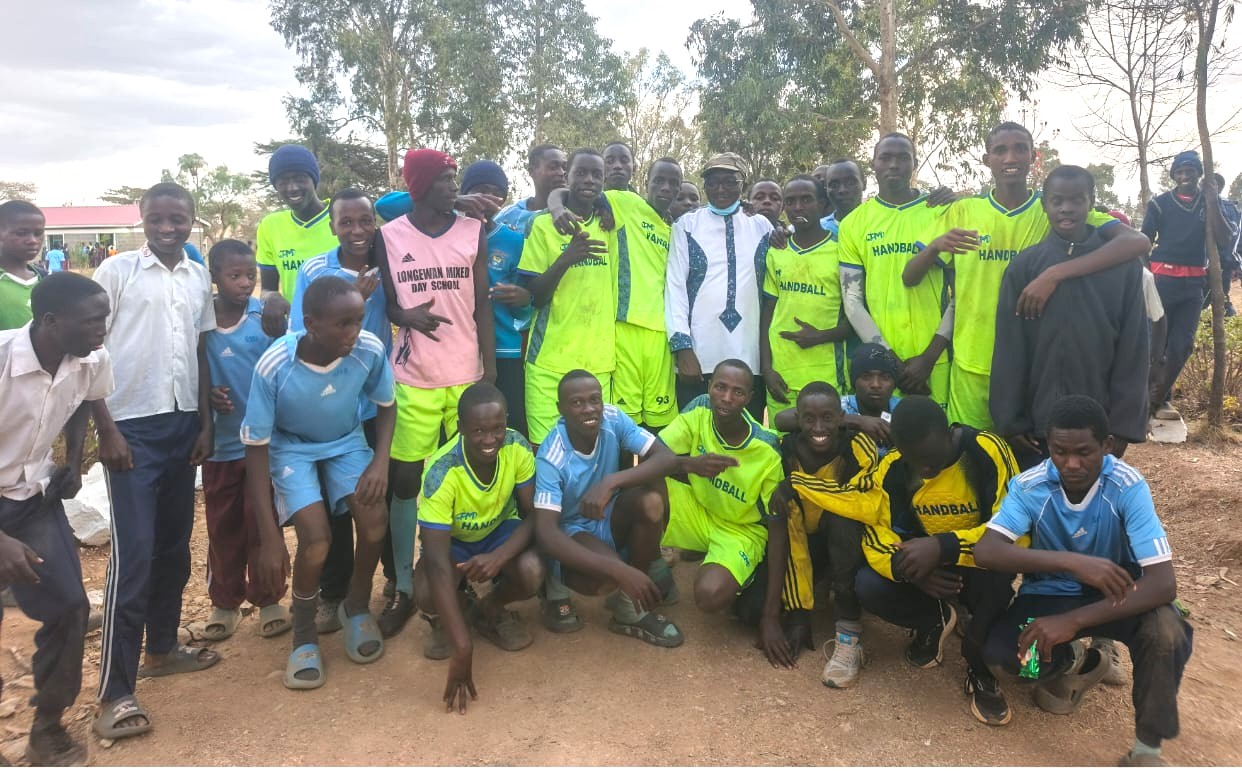Grade Nine learners will sit the first-ever Kenya Junior School Education Assessment (KJSEA) between October 27 and November 3, marking a major milestone in the country’s new education system. The examinations will cover nine learning areas and will be administered through projects, theory papers, and practical assessments, with the results determining learners’ placement in senior school from January 2026.
According to the Kenya National Examinations Council (KNEC), the assessment will combine multiple-choice questions, structured items, essays, and school-based projects that have already been undertaken during the year. The final KJSEA results will account for 60 per cent of the learners’ overall grade, while the remaining 40 per cent will come from earlier evaluations, 20 per cent from the Kenya Primary School Education Assessment (KPSEA) taken at the end of Grade Six, and another 20 per cent from school-based assessments in Grades Seven and Eight.
KNEC Chief Executive Officer Dr. David Njeng’ere explained that the assessment is designed not only to test learners’ knowledge and skills but also to prepare them for senior school placement in January 2026. “The aim is to familiarise candidates with the format of question papers and ensure fairness in evaluation,” he said.
ALSO READ;
Makueni Sub-county Director of Education promoted to West Pokot CDE
The written papers will cover a wide range of subjects. Mathematics will take two hours and feature 40 multiple choice questions and structured sections. English will be examined in two papers, with the first testing composition, literature, oral literature, poetry, play, and novella, while the second paper will focus on reading comprehension, grammar, and oral skills within one hour and 50 minutes. Kiswahili and Kenya Sign Language will mirror this structure, with learners required to write compositions, analyse plays and poetry, and tackle comprehension and language questions.
Creative Arts and Sports will be assessed in a paper lasting one hour and 40 minutes, with sections covering performing arts, sports, and visual arts. This is in addition to a three-month project completed in the second term, which teachers graded in phases using provided scoring guides. Religious Education, whether Christian, Islamic, or Hindu, will be assessed in one hour and 30 minutes through multiple-choice, structured, and essay questions marked out of 80.
How KCSE exam candidates should answer the English set book extract questions
Social Studies will also take one and a half hours, with learners writing both multiple-choice and structured questions, while the Agriculture and Nutrition paper, lasting one hour and 40 minutes, will test learners in both areas with agriculture accounting for 24 marks and nutrition 16 marks. Integrated Science will run for one and a half hours and consist of three broad questions broken down into smaller tasks, while Pre-technical Studies will last two hours and 10 minutes, combining multiple-choice and structured questions.
Earlier in the year, candidates had already undertaken practical projects in agriculture, pre-technical studies, and creative arts and sports. These projects were administered in groups and assessed in phases, with teachers keeping records of each milestone to contribute to learners’ overall scores.
The final KJSEA grade will determine placement in senior school in January, taking into account the career pathways learners have chosen as part of the Competency-Based Curriculum reforms.
By Mercy Kokwon
You can also follow our social media pages on Twitter: Education News KE and Facebook: Education News Newspaper for timely updates.
>>> Click here to stay up-to-date with trending regional stories
>>> Click here to read more informed opinions on the country’s education landscape
>>> Click here to stay ahead with the latest national news.






